The original Blade Runner invented a vibe. Ridley Scott’s 1982 vision of a futuristic Los Angeles was drab and oppressively mechanical: scored to the dystopian droning of a synthesizer, and suggestive of a civilization that died years ago. Sure, big questions — What does it mean to be human?, namely — were asked as Harrison Ford’s Rick Deckard skulked around the postmodern city hunting down the rebellious bioengineered bots known as replicants, giving the film its profound text. But Blade Runner’s crowning achievement is the feeling it captured — the unique, realized world it was able to depict.
To my mind, that bar is the only one Blade Runner 2049, the Denis Villeneuve–directed sequel, has to clear. The first trailer for the movie, which dropped Monday after an unsurprisingly sedate Q&A with Villeneuve and stars Ryan Gosling and Harrison Ford, is reassurance that Villeneuve and legendary cinematographer Roger Deakins (No Country for Old Men, Skyfall) made Blade Runner 2049 with that goal in mind.
The trailer has everything a Blade Runner sequel should: wide shots filled with fog and dilapidated steel structures, painfully long cross-fades, an overabundance of neon that can only make you feel hollow inside, those HEAVY SYNTHS, Gosling picking up where Ford’s duster left off with his own dope-ass jacket:
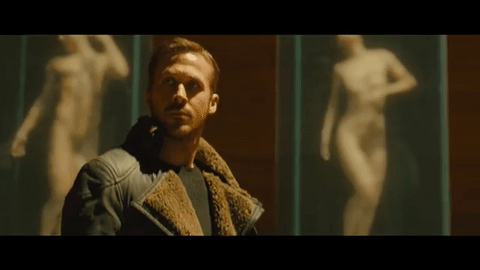
The trailer doesn’t give away too much, but it does seem to preview a plot that mirrors the original. Jared Leto is here playing a Rutger Hauer type, speaking bombastically about “the future” and seemingly challenging the status quo of civilization. And just as Ford’s Deckard was a lone police officer tracking down a handful of rogue replicants, so, too, does Gosling’s protagonist seem to be on a solo quest for something, gaining insight into the meaning of his own existence in the process. Along the way, his search for answers brings him to Deckard, who is older and apparently fiercely insistent on wearing only Hanes T-shirts.
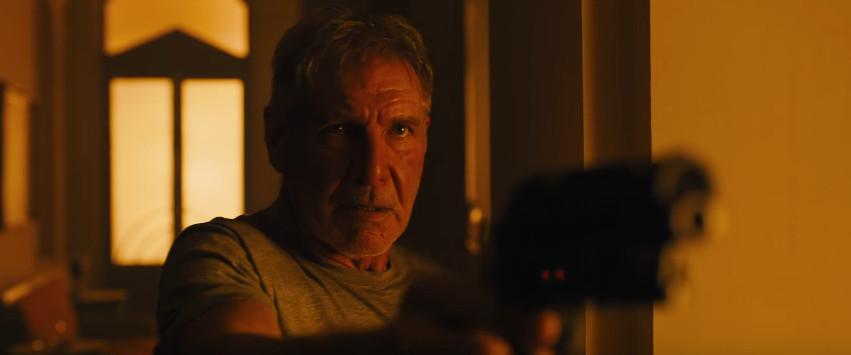
This structuring echoes the way J.J. Abrams rebooted Harrison Ford’s other iconic sci-fi film. The blow-by-blow way that Star Wars: The Force Awakens mirrored A New Hope was helpful and nostalgically pleasing, but seen another way, it was cynical, manipulative, and even trite. Those worried that Blade Runner 2049 might go down that same road can take solace in a couple of things: (1) There’s still so much we don’t know, and more importantly, (2) Denis Villeneuve.
Villeneuve was the perfect choice to make the follow-up to Blade Runner. He knows how to do vibe, and in movies like Prisoners, Sicario, and Arrival, has shown an ability to inject color and feeling even with a palette of limited hues — a perfect skill set for the world of Rick Deckard. With Deakins by his side, Villeneuve has picked up where Scott left off, showcasing a world that’s monstrous and beautiful all at once. Just look:
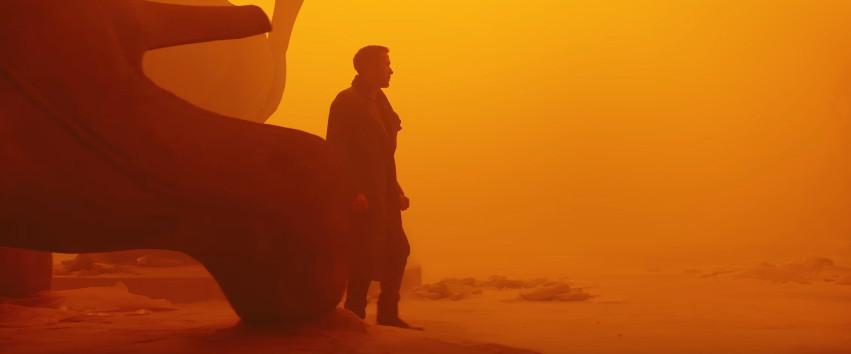
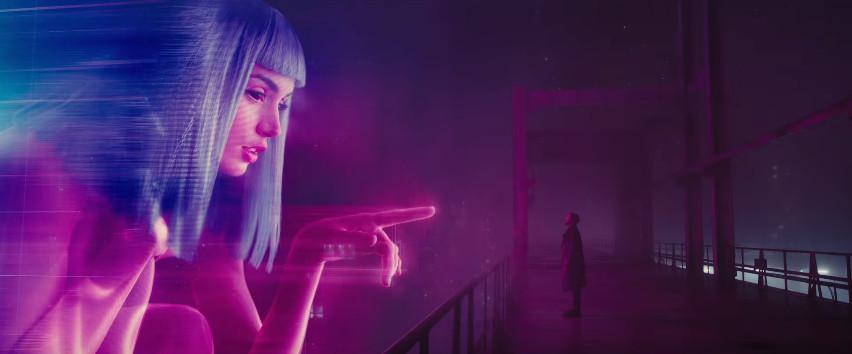
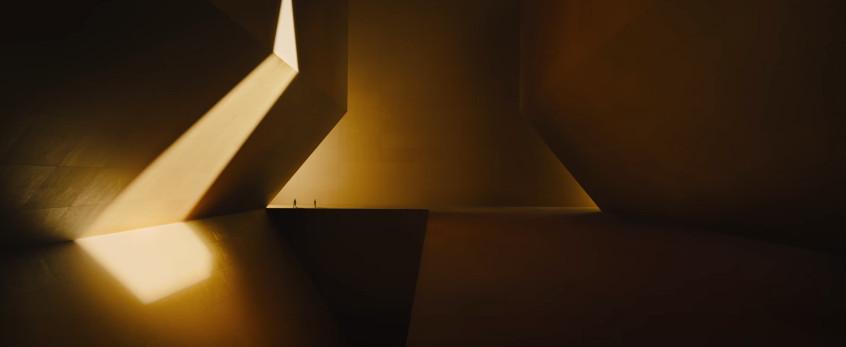
Blade Runner 2049 can go wherever it wants; it might even falter where Blade Runner excelled, in toeing the line between nuanced commentary and the bad freshman-year discussion you had in Existential Philosophy 101. Honestly? That doesn’t really matter. All Blade Runner needs to deliver is a world to get lost in for two hours, and this trailer is a pretty convincing brochure.
